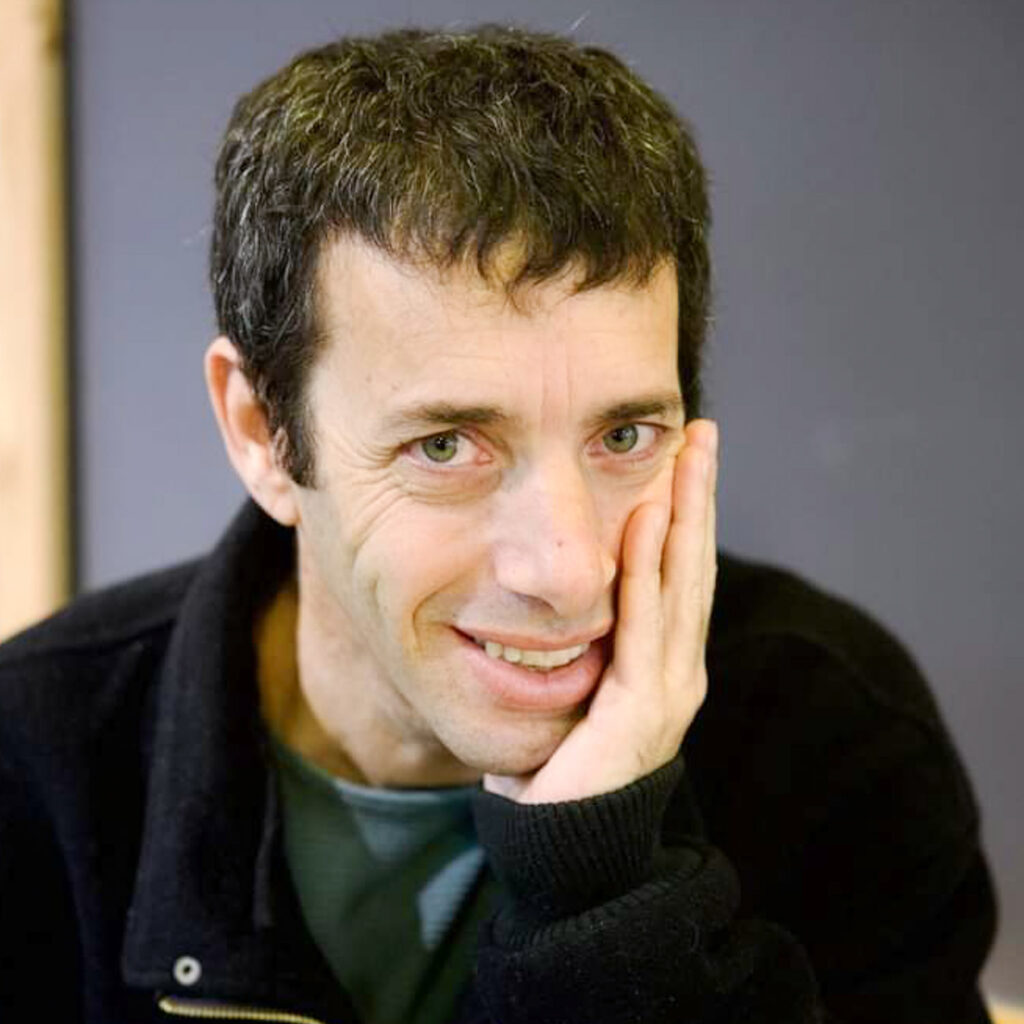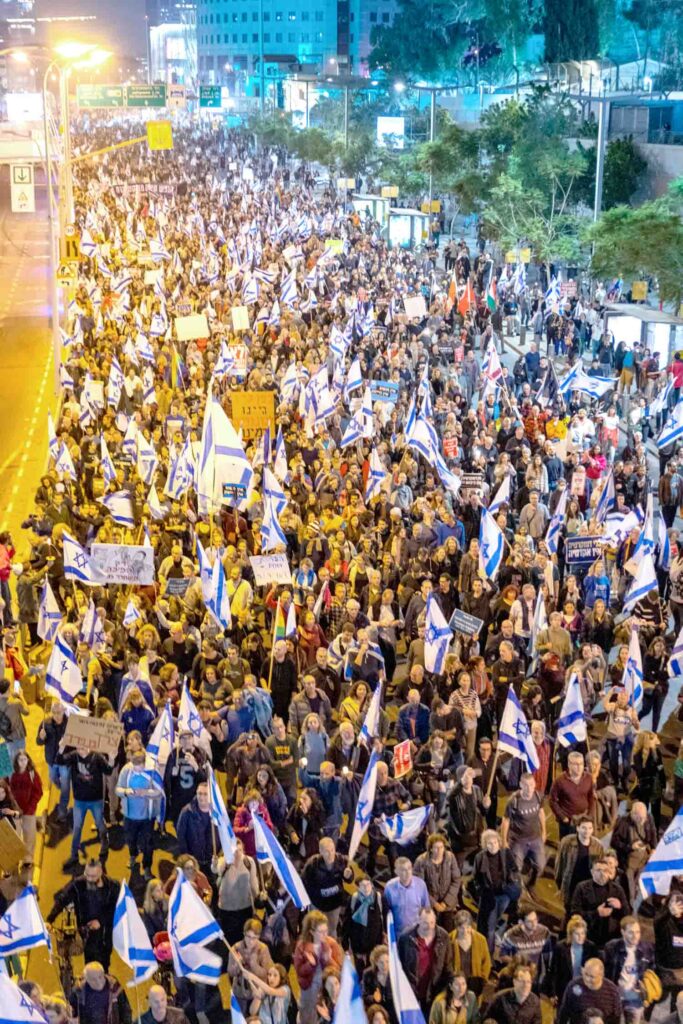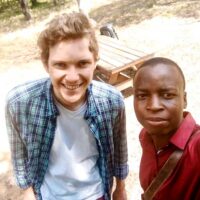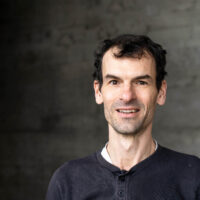Israel has been in turmoil for three months. The situation within the country and with neighbouring countries is extremely tense. The right-wing conservative, ultra-religious government under Prime Minister Benjamin Netanyahu wants to change the separation of powers in a ‹judicial reform› and undermine the legislature in favour of his government. The civic protests are driving hundreds of thousands onto the streets, to strike, to refuse to provide services and blockade roads. Five questions to the threefolding practitioner Juval Elad.
What would happen to Israel if the reform goes through? Some assume that this will happen as early as April.
I don’t think the governing coalition can push through this reform. The protesters will prevent it. If it went through, it would be a disaster and possibly the end of Israeli society. The entire legal system would be extremely weakened, as the Supreme Court would no longer be able to review and reject the government’s laws. The first to suffer would be the Arab population, women and the people in the Palestinian territories. Poverty would increase rapidly, especially among those who rebel against this policy. Crime would increase sharply; we are already not in a good state. The education system would be strongly radicalised. The legal system that today still helps the Arab population and women to defend their rights would no longer exist in this form. If this reform goes through, it will be a disaster.
Against the background of social threefolding: what is ailing in the Israeli state?
There are two views. We can look at Israeli society and we can look at threefolding within the political sphere. In society as a whole, we can see that for the last fourteen or fifteen years, the political and economic spheres have been working to destroy the cultural sphere. This concerns culture, education, and the civil peace organisations. The former want to monitor and control the latter. They are taking control over all these areas. The cultural life has been under attack for a long time and that is the reason why it cannot contribute knowledge back to legal and economic life.

What is visible at the moment through the planned judicial reform is that the cultural part within the political field is also under attack. This is the area of lawmaking.
We can look at the principle of social threefolding in the larger societal context, as Rudolf Steiner did, as well as in each of the three individual organs. In other words: in the cultural, legal and economic spheres. The politicians who should serve the legal life are attacking the democratic system, its legislative structure. And this legislative structure is the cultural part of the political sphere. That is what is extremely dangerous about it. Because the legal life is attacking itself.
And how can the cultural life then regain more freedom and autonomy?
The cultural life that wants freedom and autonomy can use the media and the internet to build more and more connections with other people, including in the Palestinian territories. In this way we can create more relationships and cooperation with people outside Israel, with people in Palestine, Jordan and Egypt. We have to connect. And within Israel we need to think more locally, more regionally. We have to learn to organise with local people, without state policy. We have the same problems, the same potentials and we have to learn to work with our neighbours. We don’t need the state for that.
What outlook do you see in this crisis?

The big problem is not the judicial reform, but that the prime minister has been indicted and that the courts want to sentence him to prison for corruption. There is no reason to believe that the government is seeking this reform for the benefit of society. Prime Minister Netanyahu and some of his ministers want to push through this change for their own advantage. They want to save themselves. And there is, on the other hand, a large group in the current government that is in on it and wants to occupy the Palestinian territories completely. This very right-wing, ultra-religious group is helping to keep Netanyahu out of prison by supporting this reform. In return, however, he must allow them to continue to displace the Palestinian population in the West Bank and Gaza Strip and to build Jewish settlements. That is the bargain between these extreme government groups.
What impulses are needed to transform the situation?
Most of the people who are now on the streets protesting against the reform are not otherwise politically active when it comes to solving the Israeli-Palestinian conflict. But now, when they shout ‹democracy›, they understand that we have to shout that too when it comes to the latter conflict. The political consciousness is changing. We can’t just start marching when it affects ‹us›, we must refuse to accept the suffering of the Palestinian people. I think at the moment many understand this connection for the first time. When the protest for a peaceful resolution of the conflict coincides with the call for democracy, then there is hope.
Translation Christian von Arnim
Images Demonstration against Netanyahu’s and Levin’s ‘judicial reform’ plans, January 2023. Photo (title image): Hanay, Wikimedia, cc 3.0. Photo (image in the article): Oren Rozen, Wikimedia, cc 4.0.





